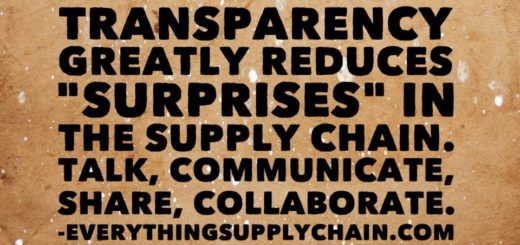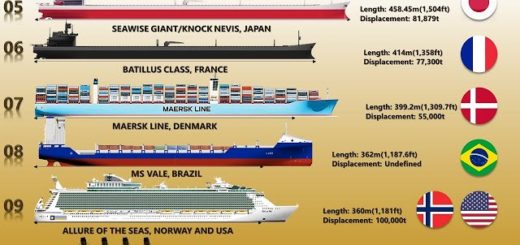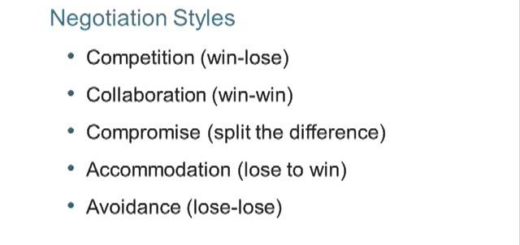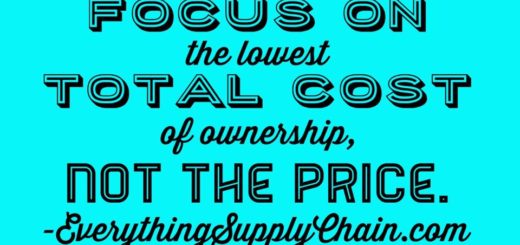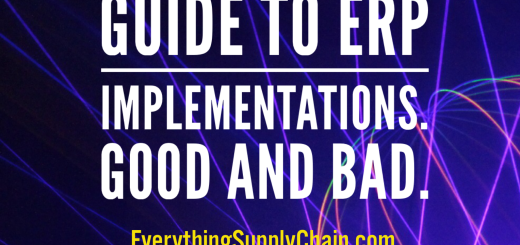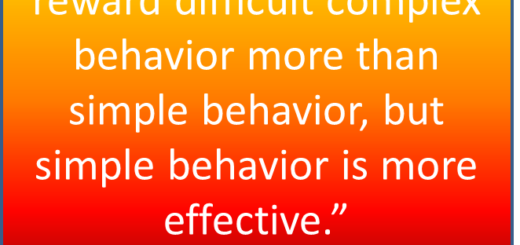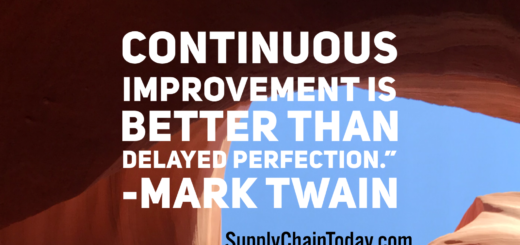Guide to the Balanced Scorecard.
Balanced Scorecard
The balanced scorecard is a performance management tool that helps companies to measure and manage their performance by looking at four key areas:
- Financial performance: This includes financial metrics such as revenue, profits, and return on investment, which are important for measuring the financial health of the company.
- Customer satisfaction: This includes metrics that measure the level of satisfaction of the company’s customers, such as customer retention rates, loyalty, and feedback.
- Internal processes: This includes metrics that measure the efficiency and effectiveness of the company’s internal processes, such as employee productivity, quality, and delivery times.
- Learning and growth: This includes metrics that measure the company’s ability to innovate, improve, and adapt, such as employee training and development, research and development, and information technology.
By considering these four areas, the balanced scorecard provides a more comprehensive view of a company’s performance than just looking at financial metrics alone. This holistic approach helps companies to align their business activities with their vision and strategy, identify and prioritize opportunities for improvement, and monitor performance against strategic goals.
The importance of the balanced scorecard lies in its ability to provide a clear and concise picture of the overall performance of an organization. It allows companies to identify areas that need improvement, set goals and objectives, and track progress. It also helps in effective communication and alignment of goals throughout the organization. It can also be used to identify the cause-and-effect relationship between different aspects of a business, such as how customer satisfaction affects financial performance.
The balanced scorecard can also be used to create a culture of continuous improvement and learning, as it encourages employees to focus on growth and development. This can lead to improved employee engagement and motivation, and ultimately, better business performance.
Overall, the balanced scorecard is a valuable tool for companies to use in order to improve their overall performance and achieve their strategic goals. It helps organizations to keep the focus on long-term goals and not just short-term financial gains, and also enables them to adapt to changes in the environment.
CEO and Leadership Blogs
- Apple CEO Tim Cook Supply Chain guru.
- Apple CEO Tim Cook Talks Steve Jobs, Apple Innovation and More.
- Berkshire Hathaway CEO Warren Buffett Quotes.
- Blue Ocean Strategy
- Bullwhip Effect: Sudden Demand Increases.
- Gemba Walk: the Path to Continuous Improvement.
- Porter’s 5 Forces That Make Companies Successful.
- Simon Sinek: Love Your Work.
- Steve Jobs’s Career Lessons – Larry Ellison and Edwin Catmull
- Steve Jobs Changed the world – how to use this in supply chain.
- Tom Peters: Business Today – Too Much Talk, Too Little Do.
- Tony Robbins Motivation 2017 – The Secret to Explosive Growth.
- Walmart CEO Doug McMillon: Impact of Globalization and Culture.
- What Is Design Thinking?
- What is SWOT? Definition and How to Do a SWOT Analysis.
Quotes
- “The most valuable commodity I know of is information.” ~ Gordon Gekko, Wall Street(1987)
- “The world is one big data problem.” ~ Andrew McAfee
- “If you can’t explain it simply, you don’t understand it well enough.” ~ Albert Einstein
- ““In God we trust. All others must bring data.” ~ W. Edwards Deming
- “If we have data, let’s look at data. If all we have are opinions, let’s go with mine.” ~ Jim Barksdale
- War is ninety percent information.” ~ Napoleon Bonaparte

